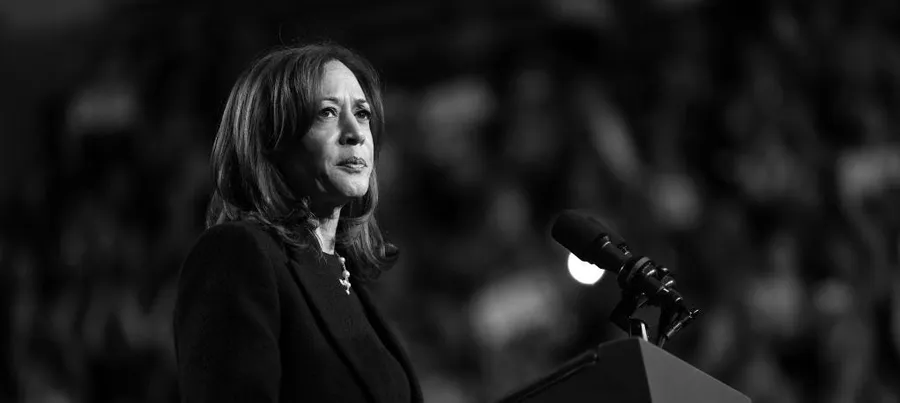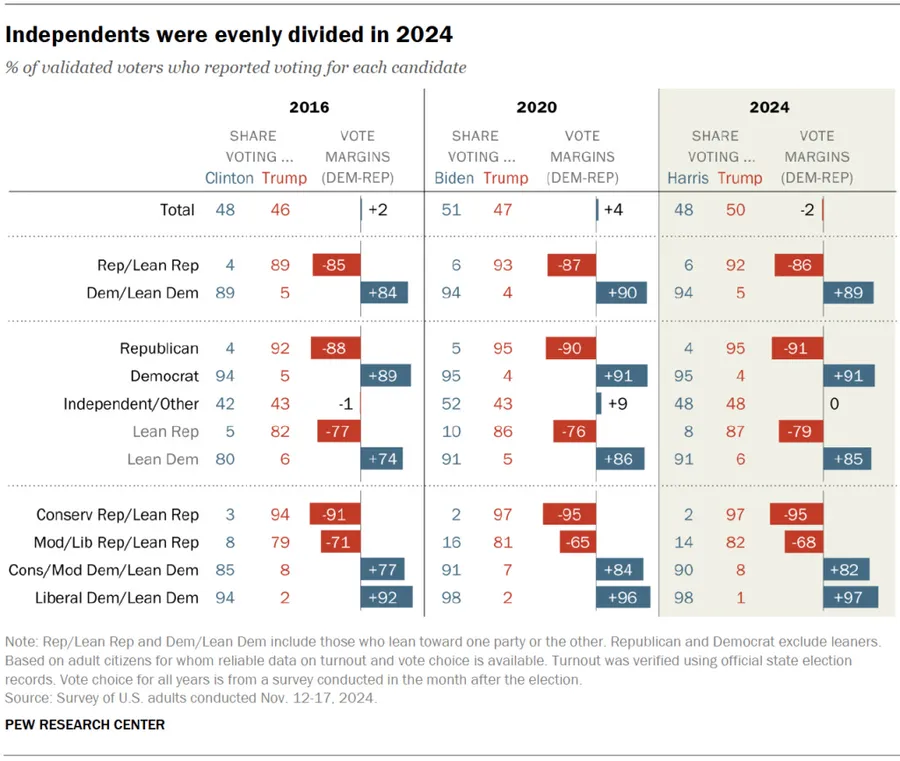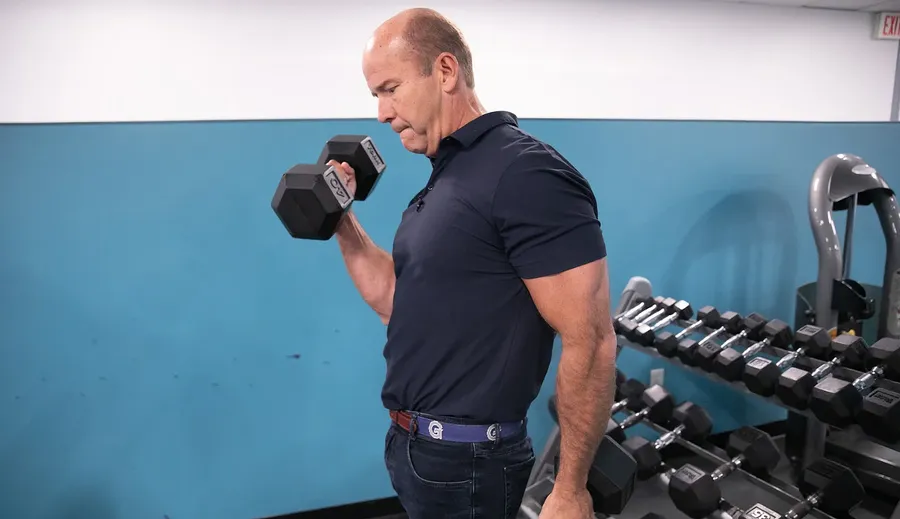
Abundance's Big Misdiagnosis
by JChaoLive
How a broken theory of politics leads liberals astray.
Is this déjà vu? Absolutely—I’ve already mentioned the 2024 election in my previous critique of Abundance. Quick recap: the book claims Democrats lost the working class, but the data says otherwise. People leaving blue states aren’t flocking to red ones, and youth population declines hit most counties, not just cities. Abundance misdiagnoses the 2024 election. But why? Because it leans on a flawed theory of power and politics.
Wadu-hek? Theory of power and politics? What’s that?
It’s a worldview behind how change happens—the building, organizing, and exercising of power. For Abundance, that worldview is rational choice theory: people act in self-interest, weighing costs and benefits. In politics, that means good policy = votes. Performance wins. Makes perfect sense—on paper.
Several lines capture the vibe.
If liberals do not want Americans to turn to the false promise of strongmen, they need to offer the fruits of effective government.
Liberals should be able to say: Vote for us, and we will govern the country the way we govern California! Instead, conservatives are able to say: Vote for them, and they will govern the country the way they govern California!
Liberals spent decades working, at every level of government and society, to make it harder to build recklessly … even if it meant the final product was astonishingly expensive. Or slow to construct, or perhaps never found its way to completion at all.
The theory: Democrats struggle because liberal governance is too slow to deliver in housing, infrastructure, and technology. And Abundance points to 2024 as proof.
In the 2024 election, Donald Trump won by shifting almost every part of America to the right … the shift was largest in blue states and blue cities—the places where voters were most exposed to the day-to-day realities of liberal governance.
Voting is a cheap way to express anger.
Donald Trump won the 2024 election in part because of the failures of present-day liberalism.
But the data says otherwise.
According to Pew Research, 95% of Democrats voted for Kamala Harris and 94% of Democrats and Democratic leaners voted for Harris. Independents split 50-50. Those numbers don’t suggest voters punished Democrats. Perhaps the angry ones stayed home—but among nonvoters, more would’ve supported Trump. Harris won more votes than Trump in 2020, and the margin of 2024’s popular vote was razor thin: 1.47%, one of the closest in U.S. history.

Yes, urban areas did shift right. But the real story looks different.
Voters in core urban counties shifted the most toward Mr. Trump but if we look just at counties that are majority-white, that’s no longer true. And majority-nonwhite places of all kinds—not just urban ones—made big shifts right.
Translation: Trump’s gains came from minority voters across the map. That’s not a referendum against urban liberal governance.
And further analysis found no link between election results and rent growth, home prices, housing permits, or homelessness. People may be frustrated locally, but that frustration didn’t dictate their presidential vote.
Don’t get me wrong—the issues in Abundance are crucial. But misdiagnosing 2024 is dangerous. Treating the wrong illness doesn’t cure it.
So why the rightward shift among minority voters? One factor is what Abundance raises: strongmen. Research shows ethnic minorities often prefer strong leaders.
Our solution is obvious: strong, buff Democrats!

Okay, I’m half-joking—but I couldn’t not meme.
Another factor is, ironically, the very thing Ezra Klein insists isn’t the problem: messaging. A study shows economic messaging is more persuasive to Latino independents. And experiments found that framing progressive economics around patriotism, family, and tradition boosted support. Changing the policies did little; changing the frame mattered more.
Policy still matters, but opinion often moves thermostatically—pushing against the status quo. Policy is shaped downstream from public support as much as the other way around. It’s a two-way street.
Which is exactly what Abundance misses. Its flaw—and rational choice’s flaw—is assuming rational agents. People are irrational all the time, even when it hurts them. Just look at Trump voters now with buyer’s remorse. Humans are emotional, biased, and tribal. That’s why “voting against self-interest” is a cliché!
Same with the working class: they don’t overwhelmingly back Democrats, even though Democrats materially help them most. Cultural polarization has pulled-less educated voters rightward despite their support for progressive economics. Identity, ideology, and values often outweigh material policy.
It’s frustrating—but no, liberals can’t just say, “We will govern the country the way we govern California!” and expect to win. And it’s not because governing California or any blue state is poor as conservatives like to claim. Especially when, contrary to Abundance, Democrats do deliver. Compared to red states, blue states have higher incomes, lower poverty, and better education outcomes. These aren’t signs of policy failure.
Politics isn’t just policy. It’s identity, values, visibility, messaging, emotions—all tangled up. Reducing it to “do good policy and win” isn’t serious politics. Worse, it’s dangerous. Voting isn’t a performance review. Misreading it that way won’t get us abundance—it’ll get us more failure.